Sample information |
|
| Picture |
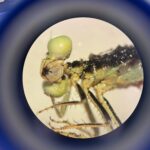
|
|---|---|
| Location | |
| Collection date | 09/03/2024 |
| Captive / Cultivated? | Wild-caught |
| Group | Benedictine University |
| Observations | Collected by Fall 2024 students. I collected my insect using a beat net in the bushes near the pond outside of Birck Hall. |
| Putative identification | Arthropoda Insecta Odonata Coenagrionidae Ischnura Ischnura perparva |
Methods |
|
| Extraction kit | DNeasy (Qiagen) blood and tissue kit |
| DNA extraction location | Abdomen |
| Single or Duplex PCR | Single Reaction |
| Gel electrophoresis system | Standard electrophoresis system |
| Buffer | TAE |
| DNA stain | SYBR Safe |
| Gel images |
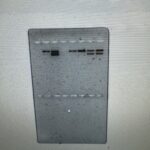
|
| Protocol notes | I did not receive any DNA (insect or Wolbachia DNA), but I believe my species is Ischnura perparva (common name being Western Forktail in the Narrow-Winged Damselfly family) because of my Seek App results, and my knowledge on insect anatomy. Firstly, the Seek App clarified the order Odonata, the genus Ischnura and then the species Ischnura perparva. Additionally, my knowledge with insect anatomy entails that the order Odonata has 3 body parts (head, thorax, abdomen), sucking mouth parts, antennae, 3 pairs of legs, 2 pairs of wings, and compound eyes, which are all anatomical characteristics of the Western Forktail. |
Results |
|
| Wolbachia presence | No |
| Confidence level | High |
| Explanation of confidence level | When observing my gel electrophoresis results, my second band was absent, meaning there was no indication of a presence of Wolbachia. |
| Wolbachia 16S sequence | |
| Arthropod COI sequence |
|
| Summary | The Ischnura perparva was found to be negative for Wolbachia. |
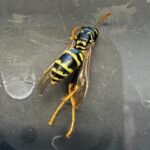 European Wasp
European Wasp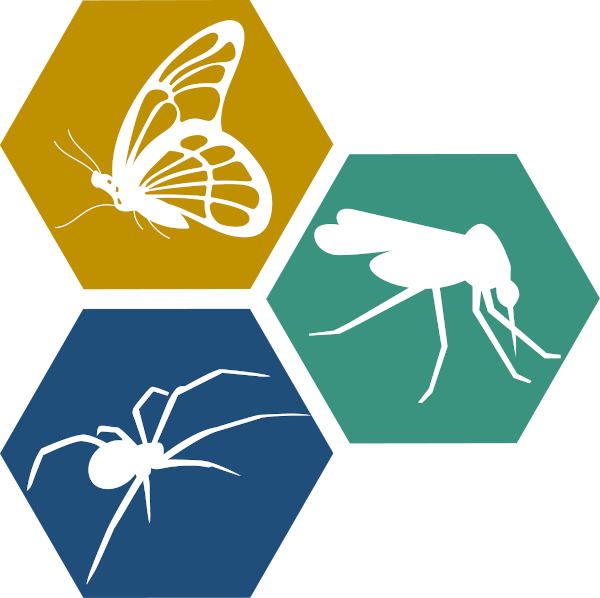 Small Honey Ant
Small Honey Ant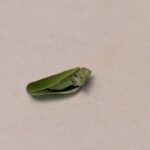 7A
7A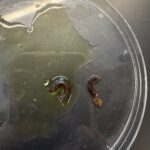 Millipede 7F
Millipede 7F